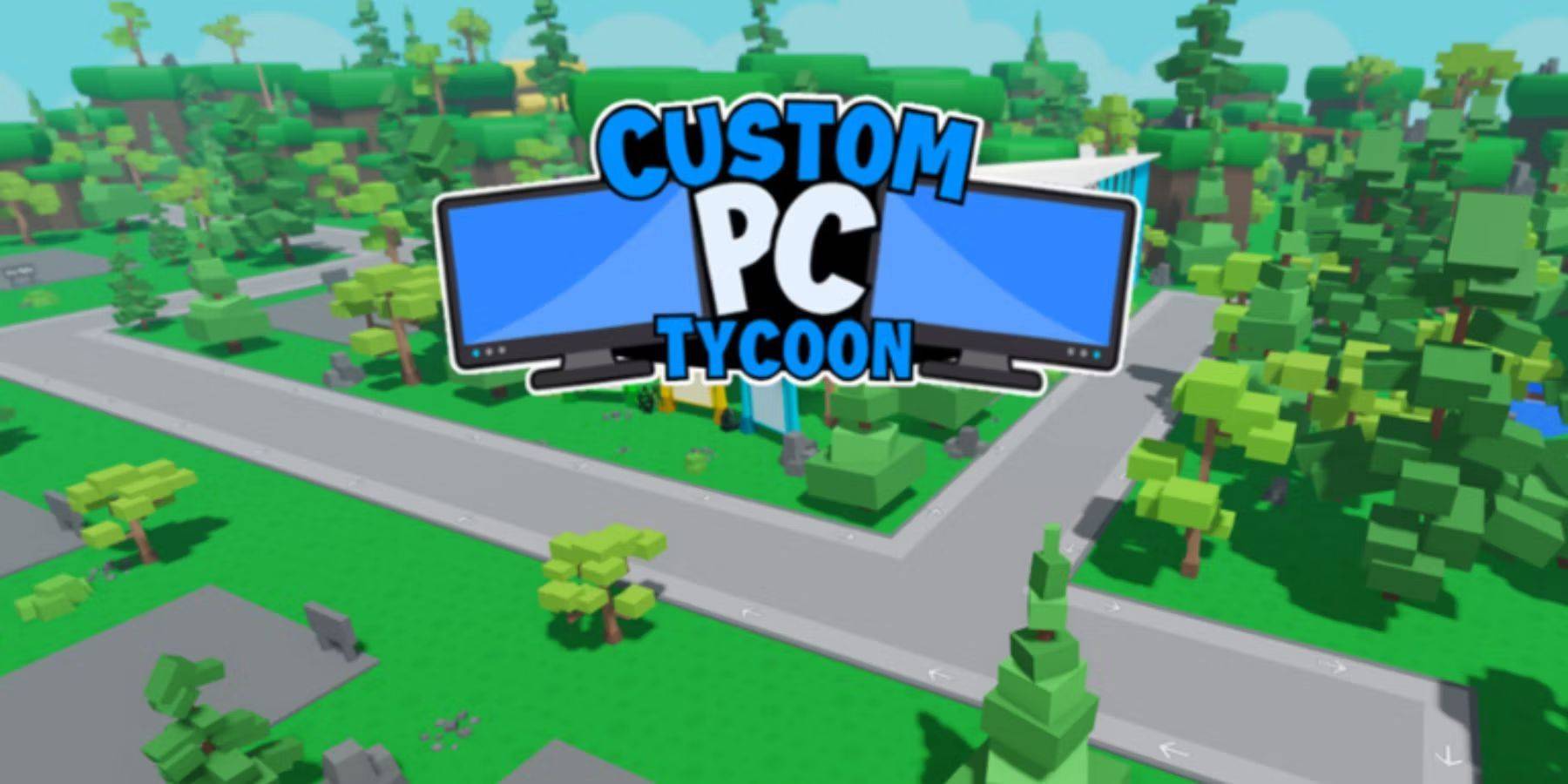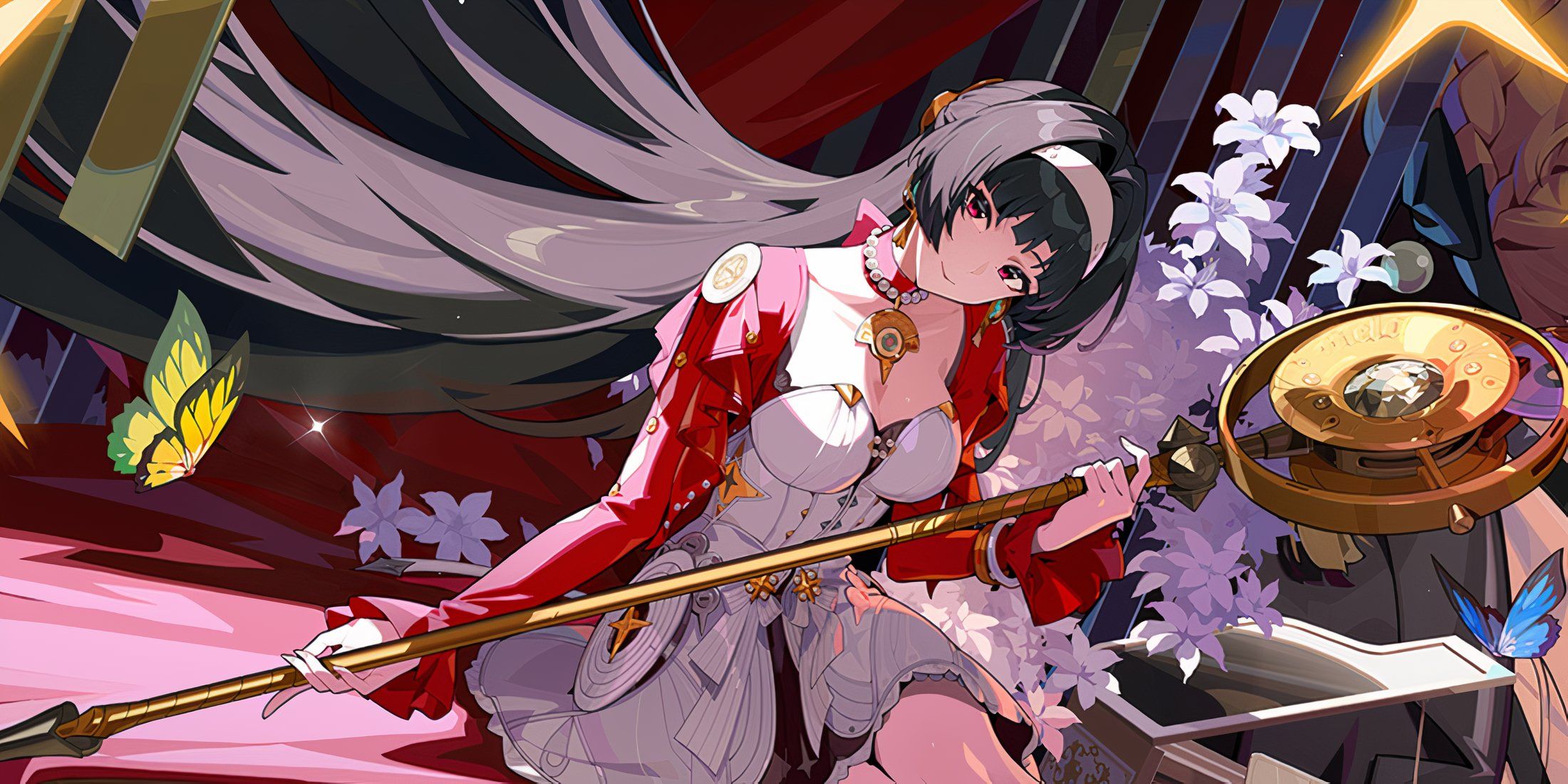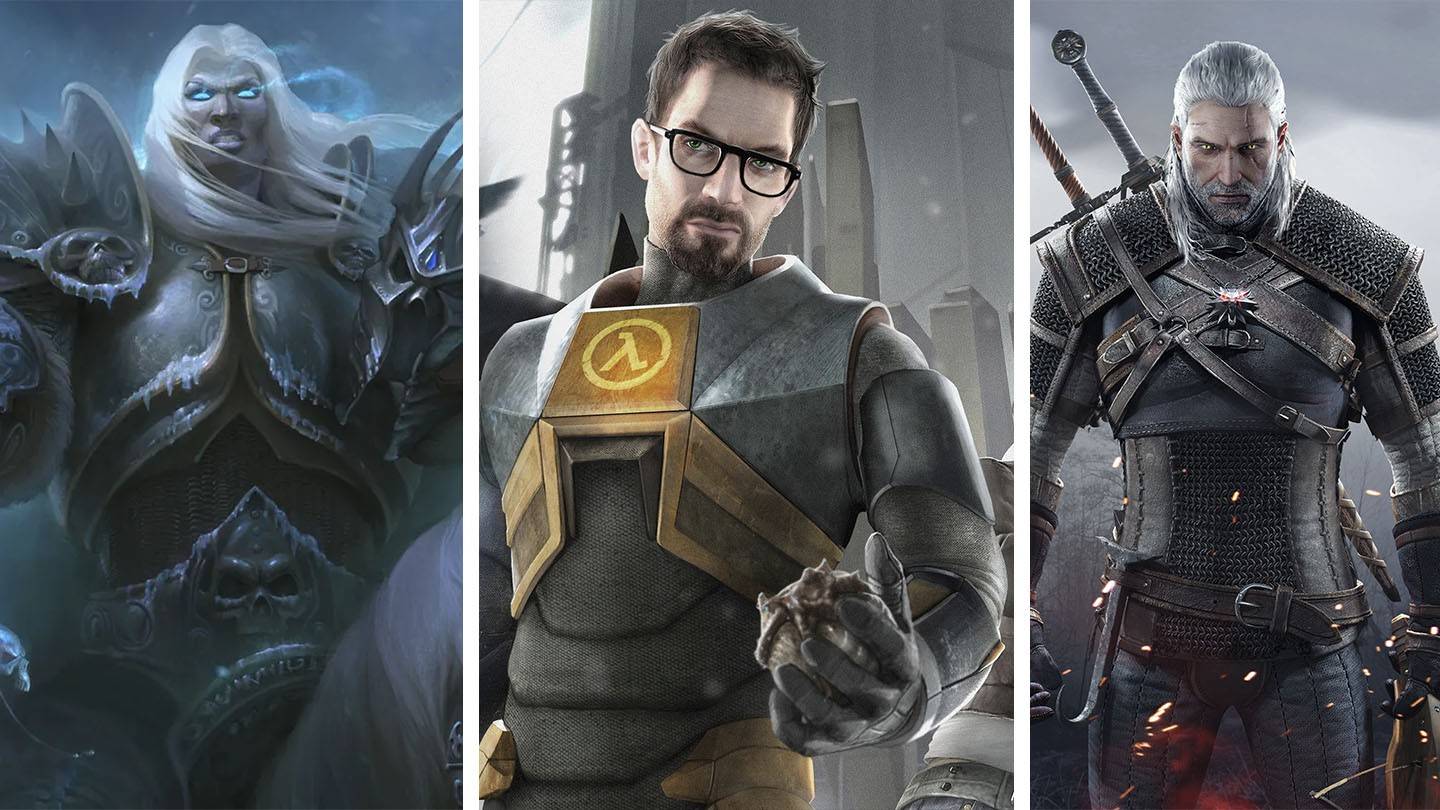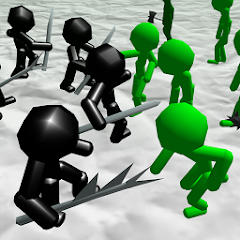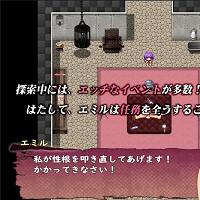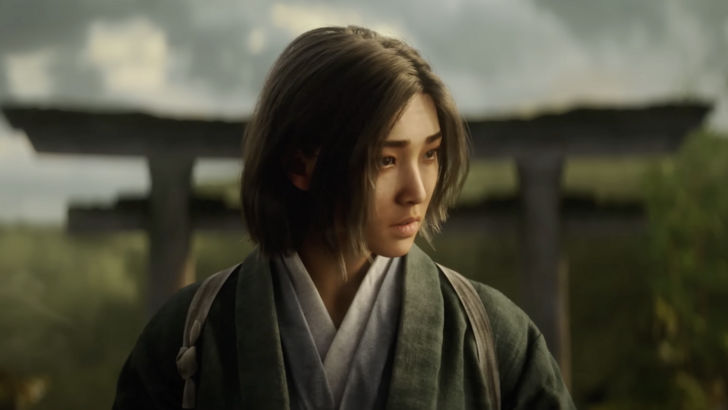 Following a string of underperforming game releases, Ubisoft faces pressure from a minority investor, Aj Investment, to restructure its management and workforce.
Following a string of underperforming game releases, Ubisoft faces pressure from a minority investor, Aj Investment, to restructure its management and workforce.
Aj Investment Calls for Ubisoft Restructuring
Previous Layoffs Insufficient, Investor Claims
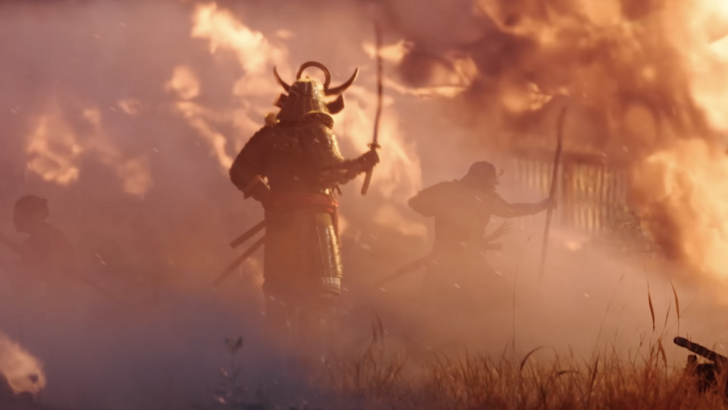 In an open letter, Aj Investment, a significant minority shareholder, expressed deep concern over Ubisoft's performance and strategic direction. The investor cited the delayed release of key titles, lowered revenue projections, and overall poor performance as reasons for their dissatisfaction. They explicitly called for a change in leadership, proposing the hiring of a new CEO to improve cost optimization and studio structure.
In an open letter, Aj Investment, a significant minority shareholder, expressed deep concern over Ubisoft's performance and strategic direction. The investor cited the delayed release of key titles, lowered revenue projections, and overall poor performance as reasons for their dissatisfaction. They explicitly called for a change in leadership, proposing the hiring of a new CEO to improve cost optimization and studio structure.
The letter's release coincided with a significant drop in Ubisoft's share price, reportedly falling over 50% in the past year, according to the Wall Street Journal. Ubisoft has yet to publicly comment on the investor's demands.
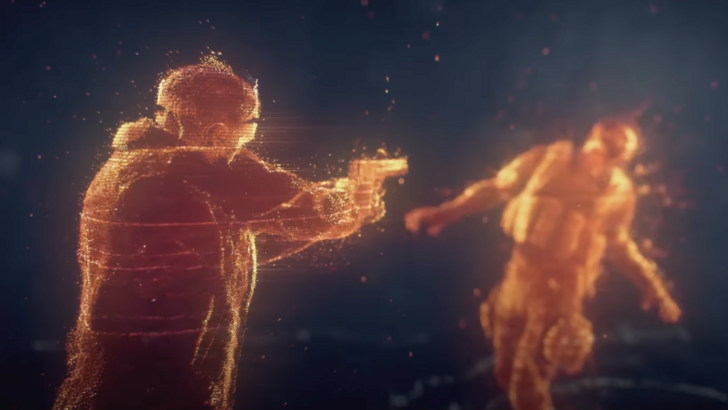 Aj Investment directly criticized Ubisoft's management, suggesting that the company's low valuation reflects mismanagement and that shareholders are being disadvantaged by the Guillemot family and Tencent. They criticized the focus on short-term results over long-term strategic planning and gamer experience.
Aj Investment directly criticized Ubisoft's management, suggesting that the company's low valuation reflects mismanagement and that shareholders are being disadvantaged by the Guillemot family and Tencent. They criticized the focus on short-term results over long-term strategic planning and gamer experience.
Aj Investment's Juraj Krupa specifically highlighted the disappointment surrounding the cancellation of The Division Heartland and the underwhelming reception of Skull and Bones and Prince of Persia: The Lost Crown. He also pointed to the underutilization of popular franchises like Rayman, Splinter Cell, For Honor, and Watch Dogs. While Star Wars Outlaws was anticipated to boost performance, its reportedly weak sales further contributed to the decline in share price. This decline represents the company's lowest share price since 2015.
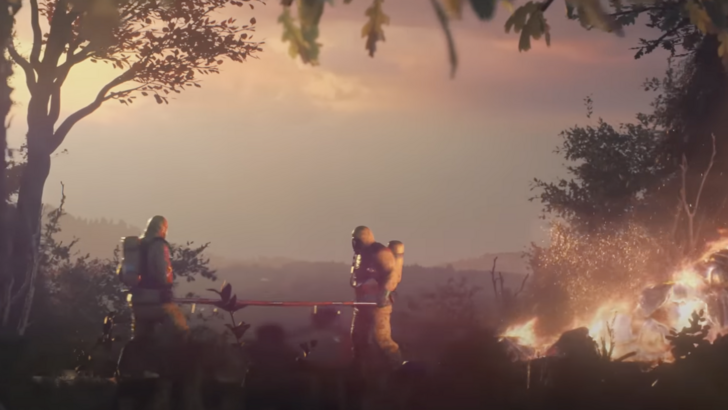 The letter also proposed significant staff reductions, citing the higher revenue and profitability of competitors like Electronic Arts, Take-Two Interactive, and Activision Blizzard, despite having smaller workforces. Ubisoft employs over 17,000 staff compared to EA's 11,000, Take-Two's 7,500, and Activision Blizzard's 9,500.
The letter also proposed significant staff reductions, citing the higher revenue and profitability of competitors like Electronic Arts, Take-Two Interactive, and Activision Blizzard, despite having smaller workforces. Ubisoft employs over 17,000 staff compared to EA's 11,000, Take-Two's 7,500, and Activision Blizzard's 9,500.
Krupa argued that Ubisoft needs substantial cost-cutting measures and staff optimization to improve operational efficiency. He suggested selling studios not crucial to the development of core IPs, noting that Ubisoft's 30+ studios are excessive for its current profitability. While acknowledging previous layoffs (approximately 10% of the workforce), Krupa stressed that further action is necessary to remain competitive. He also noted that Ubisoft's planned cost reduction of €150 million by 2024 and €200 million by 2025 is insufficient.

 Latest Downloads
Latest Downloads
 Downlaod
Downlaod




 Top News
Top News